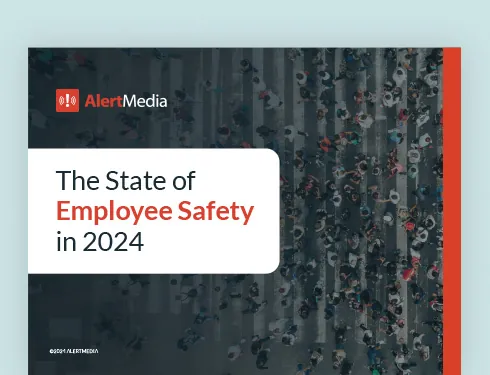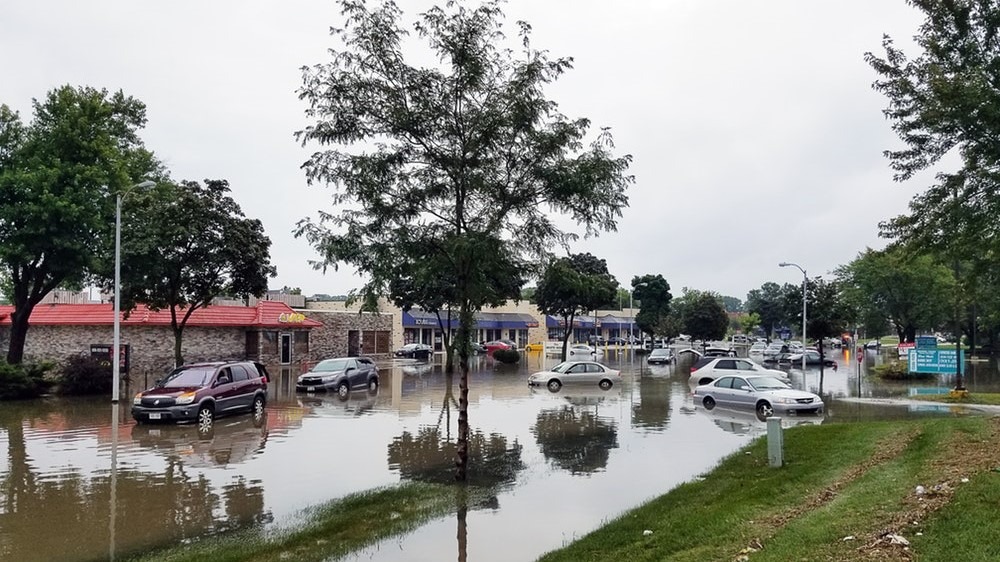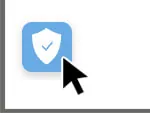
How the Houston Astros Simplify Operations With Emergency Communication
Chris Josefy, Director of Applications and Data for the Houston Astros, discusses how the organization ensures the safety of employees and fans at Minute Maid Park.

Protecting thousands of fans and employees is no easy feat, but when it comes to safety, the Houston Astros hit it out of the park. For the Astros, ensuring staff can quickly and effectively respond to emergencies and protect both employees and fans starts with keeping it simple.
In a recent episode of The Employee Safety Podcast, Chris Josefy, Director of Applications and Data for the Houston Astros, discusses how he and his team simplify operations with emergency communication to better protect employees and fans at Minute Maid Park.
You can listen to the full episode below.
Q&A With Chris Josefy, Director of Applications and Data at The Houston Astros
How does your team support the day-to-day operations of the Houston Astros?
In sports, IT teams are very small. Before I joined the organization, the Astros didn’t have a formal application support function or anybody to look across all business areas and connect the dots between different systems to make sure everything was working well.
If you’re a fan of the Astros, you’ll know that in 2013 we were terrible. In that year, we had 1.6 million fans come into the building. In 2019, we had 2.9 million fans come to the building. That’s close to double. When you go from worst to best, many of the processes and systems you put in place when you’re not busy and don’t have as many fans don’t scale up. It’s up to our team to make sure that the systems we have in place work just as well when we have three million fans as they do when we have 1.5 million fans. Our team has its hands in everything it takes to run both the baseball team and the building we operate in.
Like every other business, we work with finance and HR. But we also have functions unique to running a baseball team, including ticket sales, retail, concessions, ballpark entertainment, and security. Not only does our team manage the Astros, but we also manage three minor league teams, a spring training facility, and the Houston Open PGA golf tournament.
“AlertMedia simplifies our response to emergencies like active shooters and fires. If an unexpected event occurs, we press one button and AlertMedia sends out multichannel notifications to our staff.”Chris Josefy Director of Data and Applications, Houston Astros
What are some of the ways your team removes the friction or complexity from your processes?
The first step is to make sure everything works. It sounds basic, but when I showed up, we needed rapid stabilization. This is important with IT because we often want to jump to optimizations. However, as a support organization, if your customer doesn’t believe in your team’s core capabilities, they are less likely to buy into your more aspirational ideas.
Once you ensure everything is working well, you can begin to connect people with the data they need, when and how they need it. For us, that involved a complete replacement of our data and analytics platform and changing all of our reporting around retail, ticketing, sales, and finance. We also focused on increasing the speed and quality of our interactions with customers. For example, when a season ticket holder calls into our services team, we ensure that they have all the information they need to understand a customer, including games they’ve attended and anything that can help provide better service. More personalized service is our way of showing our guests how truly valuable they are.
We also removed unnecessary human elements from some of our simple processes, like our lost and found system. We make sure that the process of reporting lost items, getting through to our guest services, and getting items returned works efficiently for our guests. We connect the dots with automation as much as possible because less time spent on unnecessary work is more time spent focusing on our guests. Ultimately, we’re in the business of making people happy, and we want our team to spend as much time doing that as possible.
How does the work of the I.T./applications team impact the fan experience?
I hope that our fans don’t think about us as an IT function—usually, when people pay attention to IT, it’s because something is not working. Our team works hard to make sure that we’ve communicated our policies and procedures to fans in advance of games so they know exactly what we expect of them and what they should expect from us. For example, our ticket scanners have to be working at all times, and we need to understand what’s happening at our gates and respond in real-time to facilitate the most efficient entry.
Getting our employees into our building safely and efficiently is also essential. We have over 100 full-time staff and hundreds of part-time staff. We support their check-in process, keep track of who is supposed to be in the building, and communicate with our part-time staff all essential information about a given game. From giveaways and firework themes to schedules and stadium music, we make sure our team has accurate information [about what’s happening at the ballpark]—we went them to be as prepared as possible when they get asked questions by fans.
We also have nine retail stores inside our building, over 45 point-of-sale machines, and a first aid command center that we ensure run smoothly. Whether it’s a clean-up on the main concourse or dealing with an unruly fan, we want to make sure the right systems are in place to solve any disruptions. I’ve spent a lot of time walking around the concourse during games, just observing what people are doing. This helps me identify pain points and view how our staff interacts with guests. There are a lot of little things that can impact the fan experience that you won’t realize unless you experience the game as a fan every once in a while.
Now that we are well into the baseball season and you’ve seen thousands of fans come in, how does communication factor into your efforts to simplify and streamline operations?
We previously had several teams in our helpdesk system, but we now include our broader staff to create a centralized hub of everything going on in our building. This facilitates streamlined communication because we’re able to assign work effectively to multiple teams within our system.
We recently experienced a big freeze in February 2021 that shut our office down because of water pressure and burst pipes issues. Luckily, we have AlertMedia in place and were able to communicate with our employees to let them know not to come into work and to contact us if they needed assistance.
AlertMedia also allows us to simplify our response to emergencies with communication templates for incidents like active shooters, chemical releases, fire alarms, etc. So if one of those events happens, we just have to press one button, and AlertMedia sends out multichannel notifications to our staff. This is essential to keep us in communication with our employees.
What can someone do today to improve their company’s safety or security?
Invest your time in understanding the pain points of your business and find out what the interaction with technology is really like. It’s easy to sit in an office and have a system that works great, but until you see it used in real-world situations, you can’t identify potential problems. Anyone in IT should make the investment to understand, empathize with, and support their customers.





